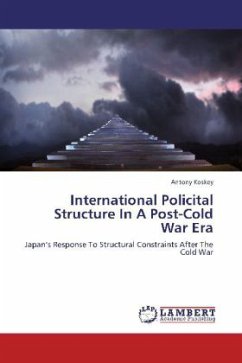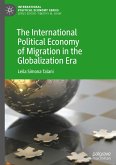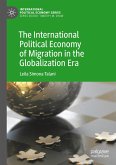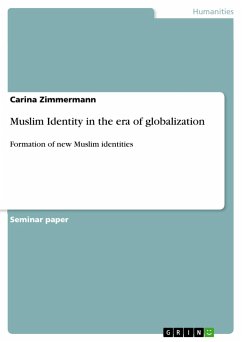This book is about the international political structure of the world after the Cold War. It focuses on how the international political scene at the time influenced Japan's nuclear policy. The book is based on the theory of International Relations scholar from the Neorealist school of thought, Kenneth Waltz. His theory posits that, in an international political structure, the behavior of a state is influenced by the behavior of other states. And that these states tend to behave in a similar manner. Waltz refers to this as the, Theory of International Politics. The main aim of this book was to challenge Waltz' theory by giving evidence that state behavior is not always influenced on a structural level but on a unit(state) level. This was carried out by using Japan as a case study and analyzing its behavior after the Cold War and comparing its policies with those of other states during that period.
Bitte wählen Sie Ihr Anliegen aus.
Rechnungen
Retourenschein anfordern
Bestellstatus
Storno








